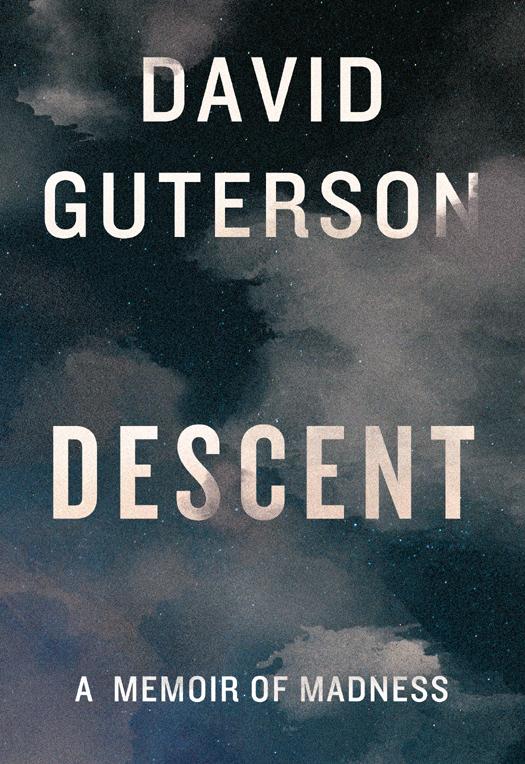
Descent
A Memoir of Madness
کتاب های مرتبط
- اطلاعات
- نقد و بررسی
- دیدگاه کاربران
نقد و بررسی

September 1, 2013
A writerly account of the downward spiral of clinical depression. Writing about one's own depression presents unique challenges. Sinking into the abyss typically renders the writer incapable of writing, so such memoirs are almost invariably written well after the fact, with the writer describing what, at the time, seemed an affectless void. Prize-winning novelist Guterson (Ed King, 2011, etc.) differs from many in knowing specifically what triggered his depression and exactly when it started. He was in Washington, D.C., during the attacks of 9/11 and found himself not only devastated, but wondering how others could resume their lives, almost as if nothing had happened: "Anyone not despondent, I believed, was wearing blinders. The rightness of unhappiness was obvious and clear. The only reasonable response to the world was an overwhelming and excruciating sadness; everything else was willful delusion." Reasonable enough, but neither his drive home to Washington state nor the months that followed lifted his spirits. Guterson consulted therapists, took pills and pondered suicide. It's impossible to criticize the recovery and catharsis reflected in this manuscript, but it's plain that he's no longer at a loss for words and that those words seem self-consciously literary. Of discussing his condition with his family, he writes, "There is such a thing as filial indulgence and a manner of discourse possible between siblings that's possible nowhere else. In other words, our dialogue was fraught with complication to the point of a compelling Freudian mootness." Only in the last few pages does he turn the corner toward a recovery more gradual and less specifically causal (pills? time? love?) than the shock that blindsided him. A slim addition to a long bookshelf on depression.
COPYRIGHT(2013) Kirkus Reviews, ALL RIGHTS RESERVED.

























دیدگاه کاربران